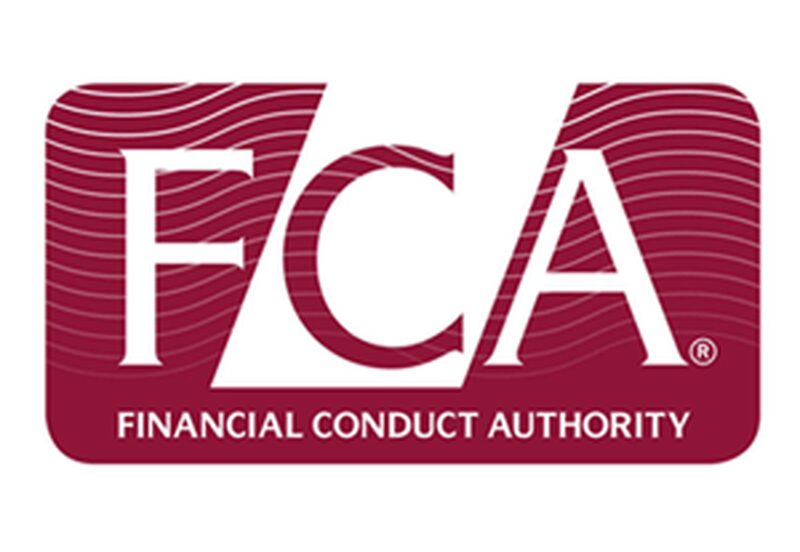19 July 2016
What's a fair price for a funeral?

When my mother passed away a few weeks ago, I was quick to tell my family that I wanted to arrange the funeral and the probate. I’ve long wondered what the experience would be for a consumer who is at their most vulnerable – buying from a market of which they may well have no experience. And to be honest, the work was a welcome distraction from the sadness of our loss.
As it turns out, my suspicions about the market were well founded. The funeral market is riddled with a lack of transparency and exploitative pricing – preying on the fact that most consumers are not equipped to be their usual savvy selves at a time of grief.
Dying isn't cheap
The costs began within minutes of my mother passing away. The care home asked if we’d arranged a funeral director – which seemed an odd question in light of the fact her death had been rather sudden.
As the answer was no, her care home recommended that she be taken to one of the local funeral directors with whom they had a special relationship. Whether we went on to use that funeral directors or not, there would be a cost for her being kept with them that night – a charge which we didn’t find out about until weeks later.
The morning after my mother died, I called the funeral directors where she was being kept, to ask for a price for their services. I was told that they charged £3,500 for their core services. And on top of that, there would be a £700 cremation fee, as well as mandatory fees of about £150 for doctors’ certificates, and further £150 or so for a priest or civil celebrant.
After that, there was a list of additional costs which could stretch to thousands, starting with the coffin.
The price of coffins ranged from £150 to several thousand – and when I audibly gasped at the price tag of the top of the range box, the lady on the phone was kind enough to add that “our most popular is the Onyx” – which came in at a little over £400. Given that we were planning on burning this box in a few days, I couldn’t understand why anyone would want to spend £X,000 and beyond.
After coffins, there were Orders of Service to consider. And what about transport – did we want a motorcade of limousines through the city? And if we wanted our mother to be embalmed or made up in a specific way, there were also more costs to pay.
It was clear that if you wanted to, you could quite quickly get to £10,000 and beyond.
Surely the Co-op would give you a fair deal
I decided to shop around. Rightly or wrongly, I elected to only speak to companies who were members of the National Association of Funeral Directors. And as there were only a few such businesses in the local area, it cut down my list of calls to about 3.
One of the first places I spoke to next was a local company that was part of the Co-op’s network – one of the largest funeral providers in the UK. I cut to the chase and said that we wanted to know what the price of their services was – starting with the cheapest options.
The lady immediately let me know about a package known as “The Simple Funeral” – which covered the funeral director, celebrant or priest, as well as the coffin for just under £2,000.
This was less than half of what I’d been quoted by the funeral director that was looking after my mother at the time.
I rang the crematorium, checked what slots were available, and then called the Co-op back to book.
How could it be that the Co-op could do all the core bits for under £2,000, while the shop down the road wanted to take us for more than £4,000?
Made to feel like cheapskates
Once my siblings and I went in for our appointment with the Co-op, we started to understand. The main difference was that by choosing “The Simple Funeral” package, you lost your right to choose the time of your ceremony, and you had no choice of coffin – you were assigned a regular coffin made of MDF.
More importantly, you obviously lost the right to be treated as a loving family who want the best for their deceased relative. “Oh – so you’re going for the simple funeral. That’s normally for….” She stopped herself, but it felt as though she was about to say “That’s normally for families on benefits”.
It was only after we’d flicked through the brochure of coffins that we were told there was no way of upgrading to a better box if we were opting for the “Simple Funeral”. Ether you stuck to the uncustomisable set menu and got a reasonable price, or you went A La Carte and were back up to £3,500 for the funeral director, plus everything else on top.
The funeral director did a good job of making us feel like cheapskates. An MDF coffin sounded awful. But I reminded my brother and sister that the function of this box was to carry our mother for a couple of hours, after which it would be burnt. Did we really want to spend an extra £2,000 on ensuring we had a better quality of wood?
Nothing wrong with an MDF coffin
When the day came round, the coffin looked perfectly fine – especially once it was covered in the lovely flowers we’d bought.
We spent an absolute fortune on flowers – and we were definitely ripped off here as well. For some reason, we didn’t mind lining the pockets of the florist, but resented giving an extra penny to the funeral directors who seem to be making a living out of exploiting people’s grief.
We designed and ordered the Orders of Service ourselves, and did without limos. For the wake, we ordered sandwiches from Waitrose. It was a lovely ceremony and I honestly don’t think it could have been any better if we’d spent more money. All in, the bill came to close to £4,000 – including a £180 transfer fee from the funeral directors where my mother had been kept on the first night.
But we know we saved a few thousand pounds by being savvy.
Ripe for regulation
It strikes me that this is a market that is in desperate need of a competition review. I’m glad to say that it’s on the Competition & Market’s Authority’s radar – but there’s no confirmation that a review will be forthcoming any time soon.
What’s desperately needed in this market is some way to easily compare prices and options.
Like many of the other markets I usually write about – banking and insurance - it’s got all the ingredients of a market that’s not working well for consumers. The vast majority of people start their experience without any knowledge of what a fair price is, and most are none the wiser by the time it’s all over.
There are of course costs for funeral directors to bear. The body needs to be stored and transported. Pallbearers and a driver need to be employed for the day of the service.
But there needs to be some transparency around what these costs are – so that consumers can judge what a fair price for the total package is.
I think it’s shameful that one of the features of the Co-op’s “Simple Funeral” is that you don’t get to choose the time of the service. I was able to ring up and find what availability they have – without a problem. But funeral directors are clearly trying to make themselves the brokers of this information, to maximise the chances of consumers upgrading to a more expensive package. It’s a similar deal with the coffin. If you want choice, you’ll have to pay double for everything.
I’m only just starting on the probate journey – although I’ve already discovered lots of potential booby traps to avoid there as well. More of that in a later blog.
But if you’re buying a funeral, my advice would be to tread with caution. It’s quite possible to do the whole thing for less than £3,000 – although the funeral directors will always try and get you to spend more. And if you let them advise you, you’ll be closer to five figures by the time the whole experience is over.




